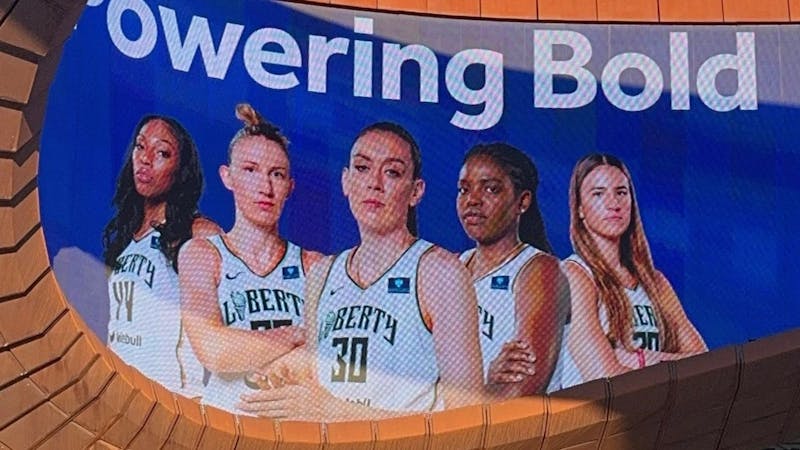The Women’s National Basketball Association (WNBA) is at a critical juncture as players negotiate a new Collective Bargaining Agreement (CBA) amid unprecedented growth in the league. With increasing attendance and record-breaking viewership over the past two years, the WNBA’s popularity has soared, driven by emerging talents such as Caitlin Clark, Angel Reese, and Paige Bueckers. However, players are demanding a fair share of this success as negotiations unfold, raising the possibility of a work stoppage if an agreement is not reached.
The current CBA, which was established in 2020 and set to last until 2027, has been called into question by players who feel that their salaries have not kept pace with the league’s financial growth. According to Nneka Ogwumike, president of the Women’s National Basketball Players Association, “The players are still adamant that we get a percentage of revenue that grows with the business.” Despite a surge in revenue, players currently receive only about 9% of the league’s income, with salaries accounting for less than 7% of total revenue, a stark contrast to their male counterparts in the NBA, who receive approximately 50%.
As negotiations progress, players are advocating for equitable compensation tied directly to league revenue, similar to agreements in other professional sports leagues. In addition to financial concerns, players are also pushing for improved working conditions, including charter travel standards and enhanced safety measures. The push for change has been fueled by ongoing issues with league leadership and officiating, leading players like Napheesa Collier, a starting player for the Minnesota Lynx and vice-president of the players’ association, to voice their frustrations publicly.
During the 2025 All-Star Game, Collier organized a display of unity by having players wear shirts that read “Pay Us What You Owe Us.” This move highlighted the players’ collective discontent with how their contributions have been valued. Following a serious ankle injury she sustained during the WNBA semifinals, tensions escalated when Lynx head coach Cheryl Reeve was ejected and later suspended for her outspoken criticism of league officiating.
Collier took a stand, stating, “We have the best players in the world. We have the best fans in the world. But right now, we have the worst leadership in the world.” She criticized league commissioner Cathy Engelbert for her perceived indifference towards the players’ experiences and the overall quality of the league. Collier recounted a conversation with Engelbert, in which the commissioner dismissed concerns about officiating by saying, “only the losers complain about the refs.”
The dialogue intensified when Engelbert suggested that players should be “on their knees” thanking her, claiming that Caitlin Clark‘s off-court earnings would not be possible without the WNBA platform. Following these remarks, Collier expressed disappointment over the lack of communication from the league, noting that she received numerous messages of support after her injury—except from Engelbert.
Engelbert has since denied Collier’s allegations, leading to a shift in public perception regarding her leadership. Fans and players alike have rallied behind Collier, with A’ja Wilson, the league MVP, expressing her disgust at Engelbert’s comments and emphasizing the importance of representation within the players’ association. Support has also poured in from other players and coaches, with many taking to social media to endorse Collier’s stance.
As the league navigates these tumultuous negotiations, the stakes are higher than just salary caps and free agency. The WNBA stands at a crossroads where its commitment to equity, accountability, and respect for its players will define its future. The ongoing discussions are not only about financial compensation but also about ensuring that the league remains a platform for young female athletes, inspiring future generations who aspire to follow in the footsteps of their heroes.
Collier’s assertion that “sustainability without accountability is not sustainable” resonates deeply as the WNBA grapples with its identity and mission. As players advocate for change, they are not just fighting for their rights; they are championing the essence of women’s basketball as a movement—one that seeks to push boundaries, defy expectations, and uplift the next generation of female athletes. The upcoming negotiations will be pivotal in determining whether the WNBA continues to thrive or risks losing the momentum it has built.







